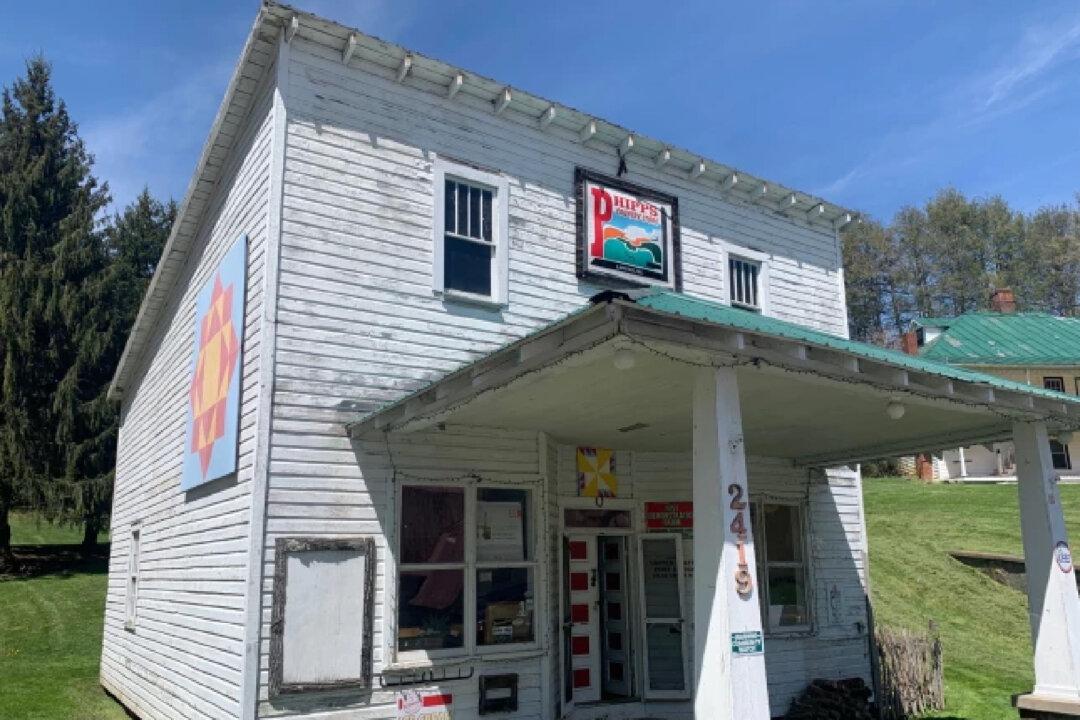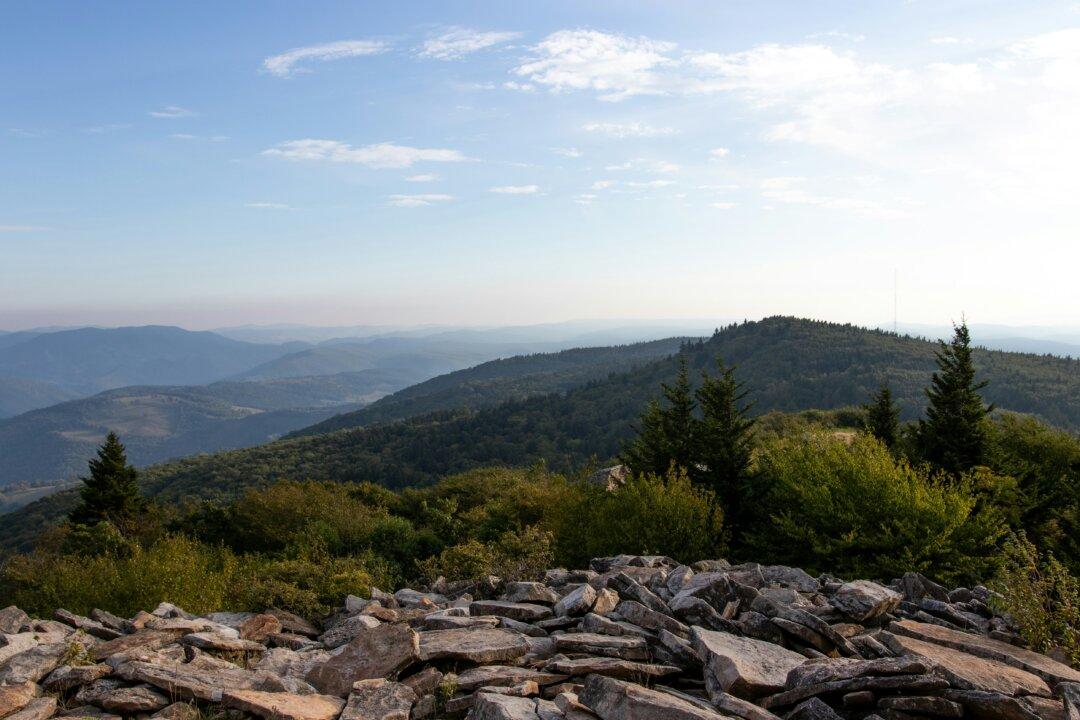LANSING, North Carolina—Nestled in the rolling farmland in Ashe County is a tidy white-clad building whose wistful charm beckons you to stop. It’s the kind of place you may only spot if you set your navigation app to avoid highways. And even if you’re trying to make good time down Silas Creek Road, you will find it impossible not to stop here.
Across the very top of the storefront reads “Phipps General Store,” accompanied by signs for Schwan’s Ice Cream and one noting that it is the Silas Creek United States Post Office. All around it are barns and postcard-perfect farmland. It is only upon closer inspection that you learn this is now the former post office and that the store is closed. Or is it?





